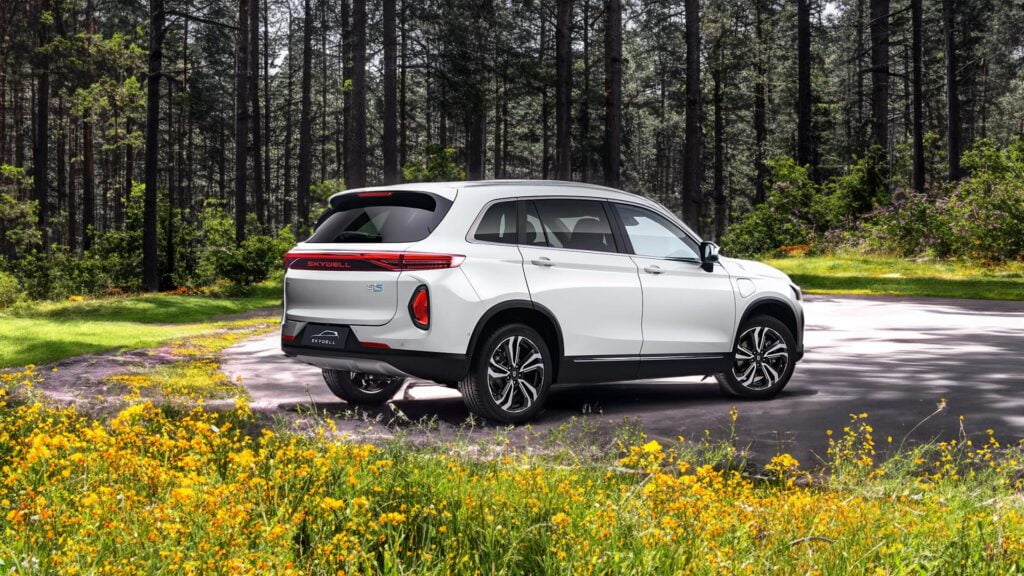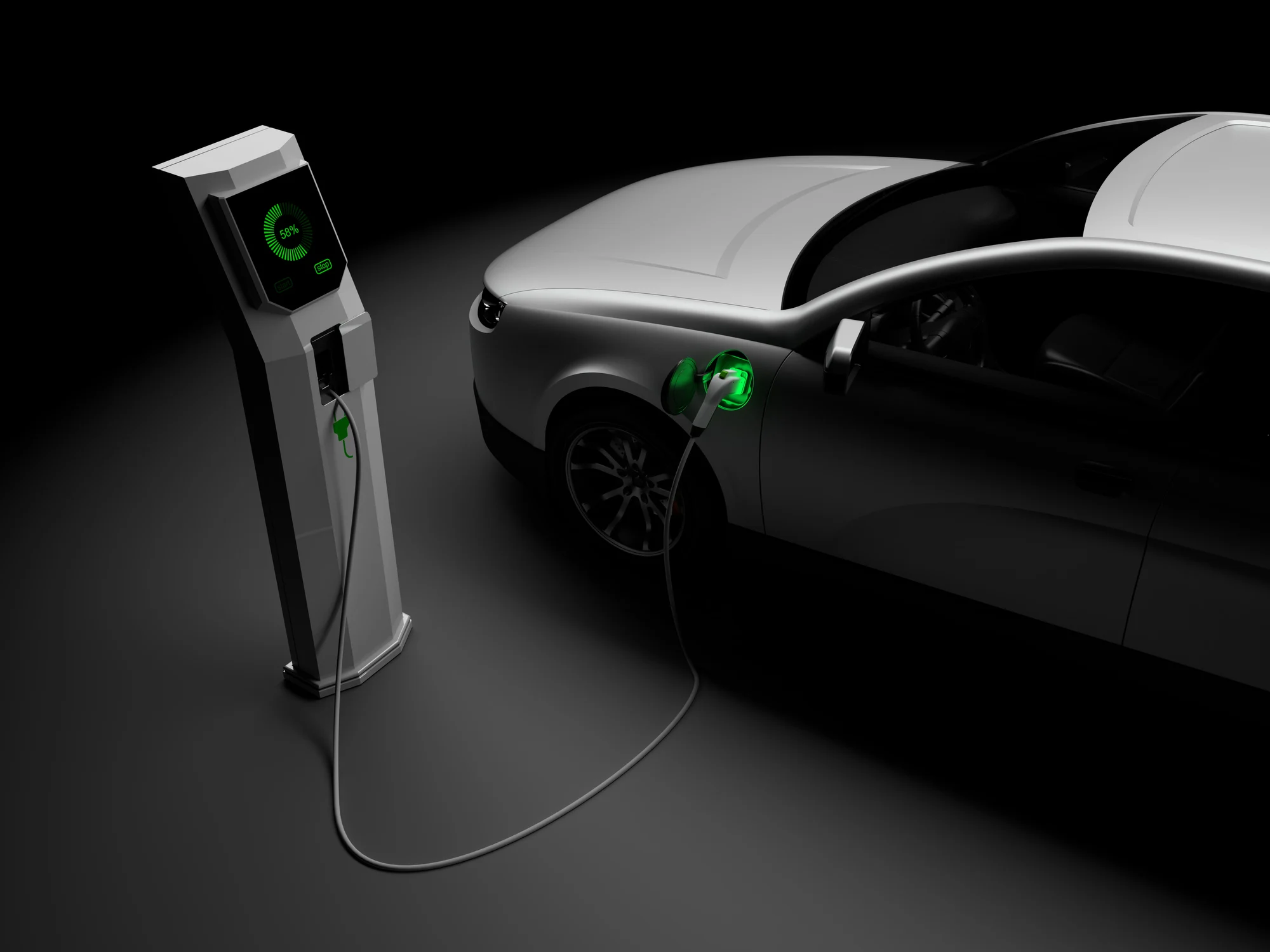The biggest difference of electric vehicles from petrol-fueled vehicles is seen in the engine structure. The difference that separates electric vehicles from petrol-fueled vehicles is; is that they get their energy from their batteries, not from fossil fuels such as gasoline, diesel and LPG. While vehicles using fossil fuels use internal combustion engines, electric vehicles use batteries that convert electrical energy into motion energy. The engines of electric vehicles have a circular motion. With this movement, the energy created by the electric motor is transmitted directly to the buck. In internal combustion engines, the movements of the pistons are converted into circular movements.
Another difference between electric vehicles and petrol-fueled vehicles is the number of revolutions per minute of the engine. Electric motors have a rotational speed of 0-18,000 rpm. These motors can produce high efficiency power at different rotational speeds. Internal combustion engines generally produce power at high speeds. A transmission system is needed in order to transfer the power produced in petrol-fueled vehicles to the wheels in a healthy way. By controlling the energy taken from the battery of vehicles with electric motors, the engine speed and torque are changed.
How Do Electric Vehicles Work Without Gas?
The fact that it can work without the need for gasoline is the most important factor among the advantages of electric vehicles. Electric vehicles have a battery consisting of lithium-ion and similar batteries. Thanks to the battery consisting of sets, power is transferred to the electric motor. In this case, there is no need for a fuel such as gasoline.
Electric vehicles work on the principle of obtaining kinetic energy by converting linear current to alternating current. This shows that it has a very simple mechanism consisting of fewer parts compared to internal combustion engines. In electric vehicles, when the accelerator pedal is pressed, the electric motor, battery and control unit components take part.
The battery, which is responsible for storing energy, provides continuity with its recharging feature. The stored energy is transmitted to the engine by passing through the part called the control unit. This unit, which converts direct current to alternating current, enables the motor to produce motion energy.
Environmental Benefits of Electric Vehicles

The first thing that can be shown among the benefits of the electric vehicle is that it does not use fossil fuels and the associated environmental effects are eliminated. Electric vehicles with zero exhaust emissions are environmentally friendly because they have renewable energy.
Internal combustion engines can convert energy into motion at a rate of about 21%. This rate is 62% in electric motors. The fact that most of the energy in electric cars can be converted into motion means saving. The fact that it makes less noise compared to internal combustion engines is another item that can be shown among the benefits of electric vehicles.
For more content like ‘What is the Difference Between Electric Vehicles and Petrol Fueled Vehicles?’ you can check out our general category.
What are the Advantages of Electric Cars?
is low maintenance costs. Electric vehicles have fewer moving parts than vehicles with internal combustion engines. This means that there are fewer parts to break down or get damaged. Today, especially considering the spare part costs, this advantage offered by electric cars makes them very attractive.
Environmental awareness is another issue that needs to be addressed within the benefits of electric cars. Since there are no parts such as exhaust, clutch or gearbox in electric vehicles and it does not emit exhaust gas, it is completely harmless to the environment. Considering that many companies have taken steps to reduce their carbon footprint recently, this issue emerges as a very important issue. In addition to personal use, the conversion of company fleets to electric cars is one of the issues that most clearly shows the benefit of these vehicles.
Driving comfort, ease of finding a charging station and low fuel costs are among the other advantages of electric vehicles. Considering the vehicles’ correct response time and silent driving, it is a strong prediction that electric cars will occupy much more space in people’s lives in the future.
You Might Be Interested:
Things to Know About Electric Vehicles
What happens if the electric vehicle runs out of charge on the road?
How Many Volts Do Electric Cars Work?

